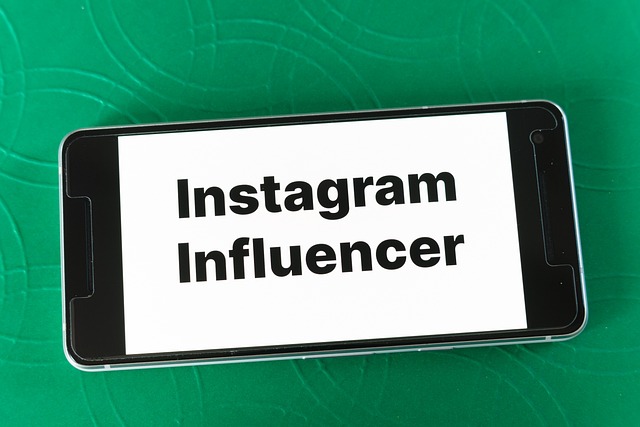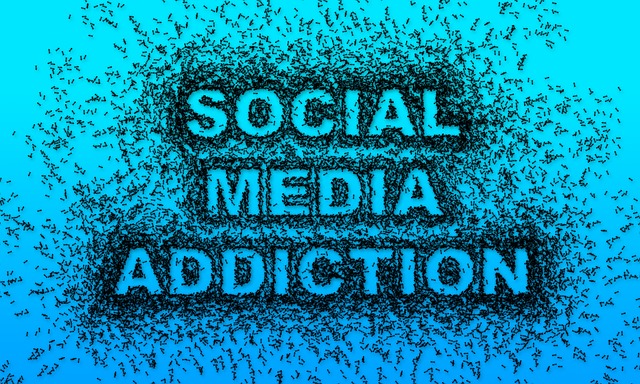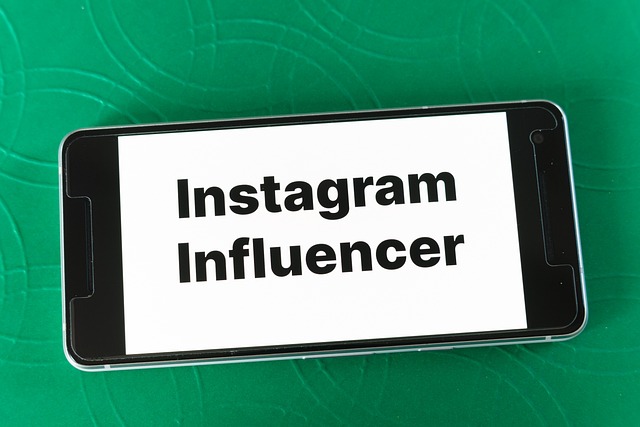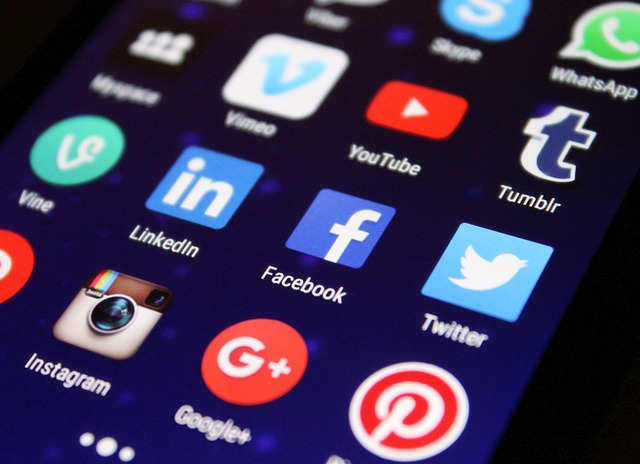Since the dawn of the digital age, a new class of public figures has emerged—those who shape opinions, lifestyles, and purchasing decisions through platforms like Instagram, TikTok, and YouTube. These modern storytellers are often called influencers, a term that denotes not only a follower count but also the perceived authority and authenticity they wield. Unlike traditional celebrities, influencers are born from everyday lives, sharing candid moments that resonate with millions. Their presence has redefined how brands connect with consumers, how communities form around shared interests, and how cultural trends evolve in real time. Understanding the role of the influencer in today’s media landscape offers insight into the shifting power dynamics of modern culture.
Economic Power of Influencers
The financial ripple created by influencers is immense. Brands now allocate significant portions of marketing budgets to sponsored posts, product placements, and affiliate partnerships, seeing higher engagement rates than conventional advertising. A single influencer with a dedicated niche can command a multi‑million dollar campaign, leveraging their audience’s trust to drive sales, website traffic, and brand awareness. Moreover, micro‑influencers—those with smaller but highly engaged followings—often outperform macro‑stars in conversion metrics, offering cost‑effective avenues for niche products. The influencer economy also nurtures entrepreneurial ecosystems, inspiring content creators to launch their own lines, services, and digital products, further contributing to gig and creator economies worldwide.
- Sponsored posts that blend seamlessly into daily content
- Product placements that showcase real‑world use
- Affiliate partnerships providing commission for referrals
Culture Through a Lens
Beyond commerce, influencers serve as cultural curators, translating trends into everyday practices. Their content shapes beauty standards, fashion choices, travel destinations, and even political discourse. Because followers view them as peers rather than distant icons, the advice of an influencer can feel personal and relatable. This sense of authenticity, however, is fragile; audiences quickly detect inauthenticity, and a single misstep can erode credibility. As a result, many influencers invest heavily in storytelling, behind‑the‑scenes content, and transparent disclosures, striving to maintain trust while navigating the pressures of constant production and audience expectation.
“Authenticity is not a luxury; it is the currency of trust in a digital age.” – Anonymous Content Strategist
Influencers cultivate tight‑knit communities, using comment sections and direct messages to foster dialogue. They create spaces where followers feel heard and valued, which strengthens brand loyalty and collective identity.
Marketing in the Algorithmic Age
Brands partner with influencers through a variety of formats—story takeovers, collaborative product lines, live events, and brand ambassadorships—each designed to exploit platform algorithms that favor genuine interaction. Algorithmic visibility prioritizes engagement: likes, comments, shares, and watch time. Influencers craft content that prompts audience participation, using calls to action, interactive polls, and challenges that encourage community involvement. Simultaneously, data analytics provide insights into audience demographics, peak activity periods, and content performance, allowing marketers to refine strategies.
- Identify target demographics and platform usage patterns.
- Select influencers whose tone aligns with brand values.
- Design interactive content to maximize engagement metrics.
- Analyze performance data to adjust future campaigns.
These data‑driven approaches create a feedback loop, where successful content informs future collaborations, continually sharpening the influencer’s cultural relevance.
Health and Behavioral Impact
While the influencer model democratizes opportunity, it also introduces psychological pressures. Constant scrutiny, comparison with curated lifestyles, and the pursuit of likes can lead to anxiety, depression, and burnout. Followers, in turn, may develop parasocial relationships, feeling overly invested in an influencer’s personal life, which can skew perceptions of reality and self‑esteem. On the consumer side, algorithmically driven content can create echo chambers, reinforcing existing preferences and limiting exposure to diverse viewpoints.
“Digital wellness is about balancing engagement with self‑care.” – Digital Health Advocate
Recognizing these effects, some platforms and creators advocate for digital wellness, encouraging mindful consumption and promoting authenticity over perfection.
Future Directions
Looking ahead, the influencer landscape will likely become more regulated, as governments and industry bodies push for clearer disclosure standards and ethical guidelines. Emerging technologies—augmented reality filters, virtual influencers, and blockchain‑based authenticity tokens—promise to blur lines between real and digital personas. Meanwhile, niche communities will continue to flourish, offering micro‑influencers a stable audience base. Brands will need to balance personalization with privacy, ensuring that data practices align with evolving consumer expectations. Ultimately, the role of the influencer will evolve from a marketing tool to a cultural institution, embedded in the very fabric of social interaction.
Looking Forward
Influencers have reshaped the dynamics of modern culture, merging commerce, community, and creativity into a single, pervasive force. Their ability to capture attention, inspire action, and reflect shared values positions them as pivotal actors in the digital era. As technology advances and regulatory frameworks mature, the influencer ecosystem will adapt, continuing to influence how we communicate, consume, and construct identity. Embracing this evolution responsibly—by valuing authenticity, fostering mental wellbeing, and protecting data privacy—will ensure that the influencer phenomenon enriches society rather than exploits it.




